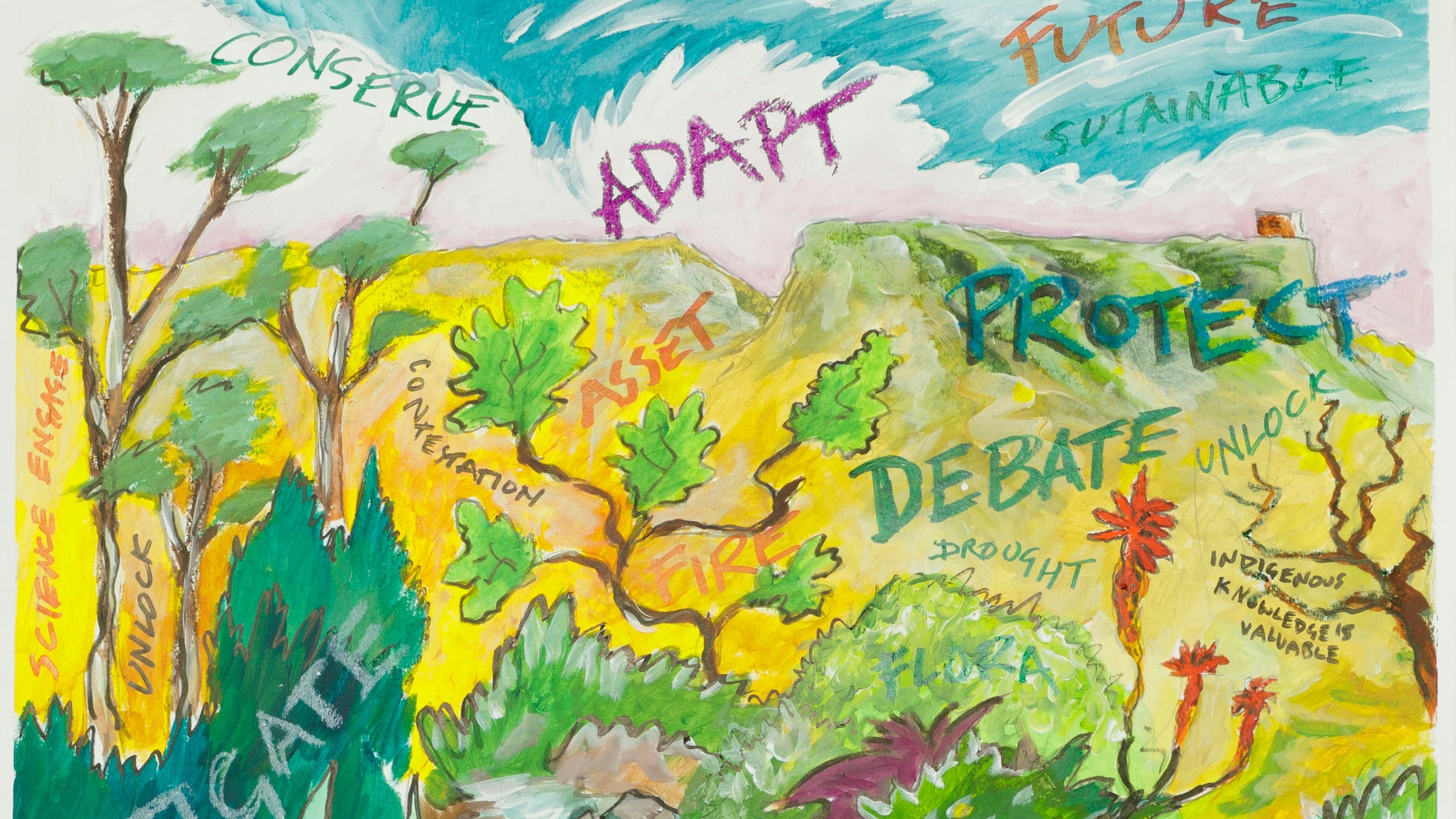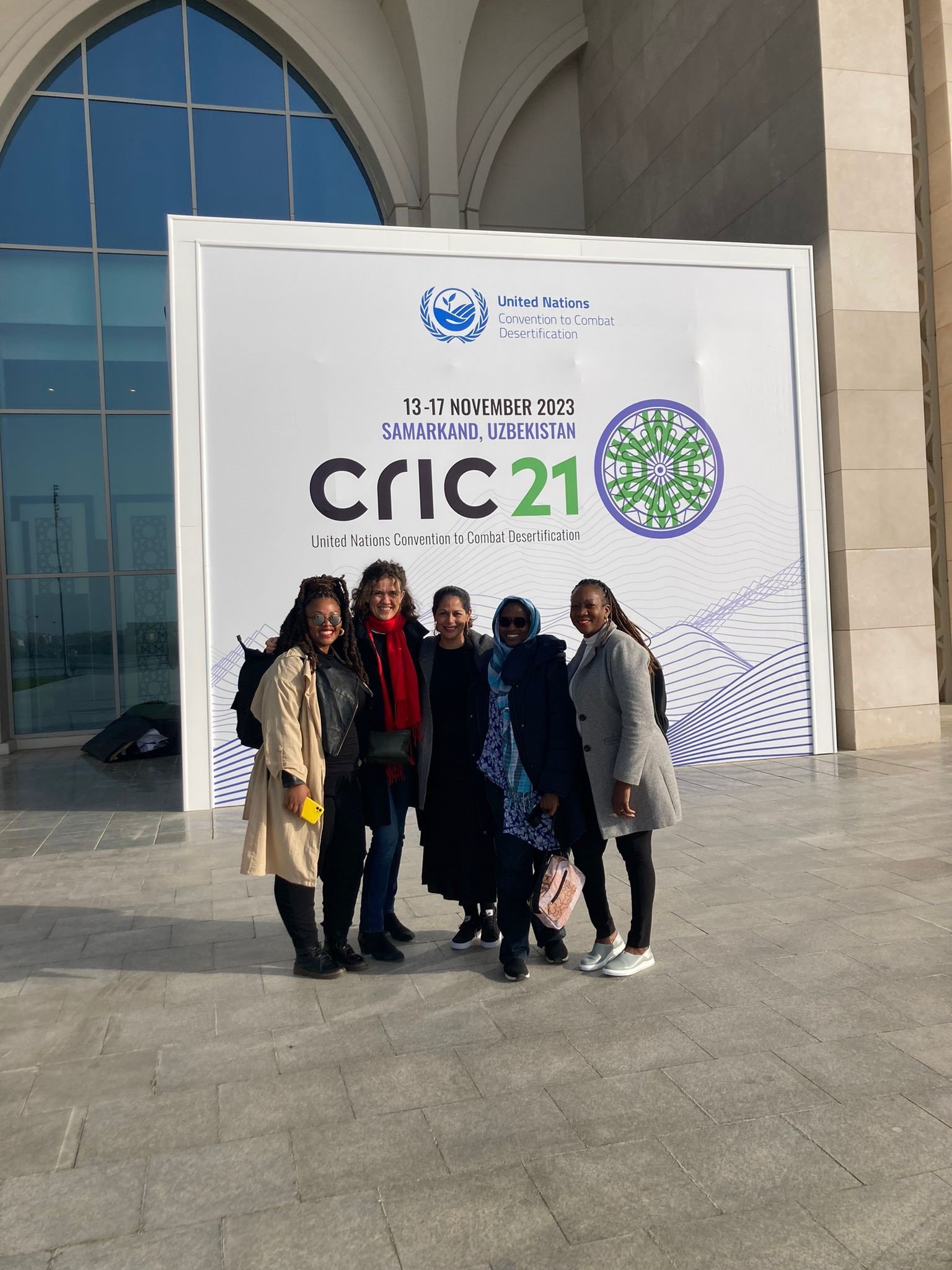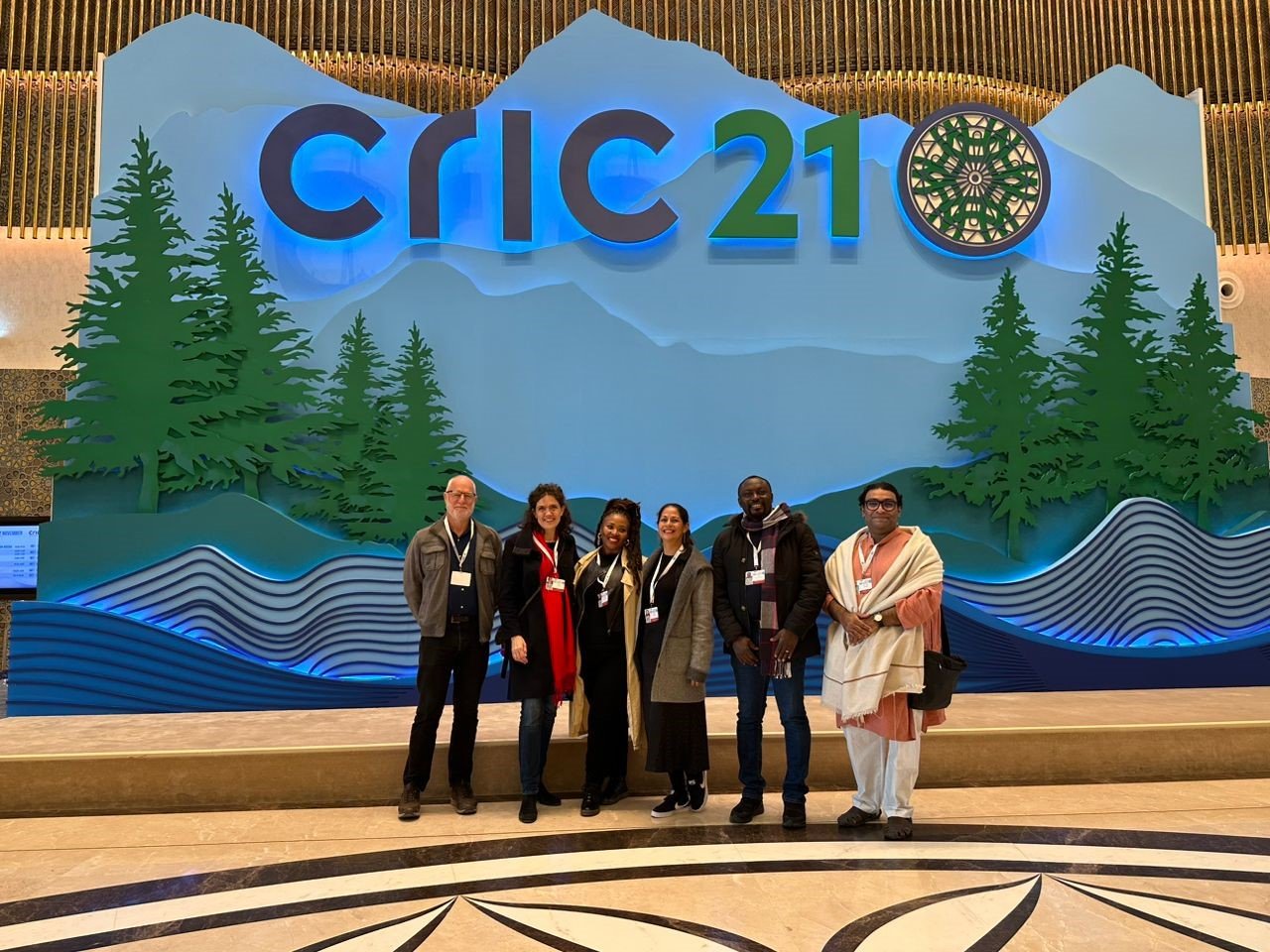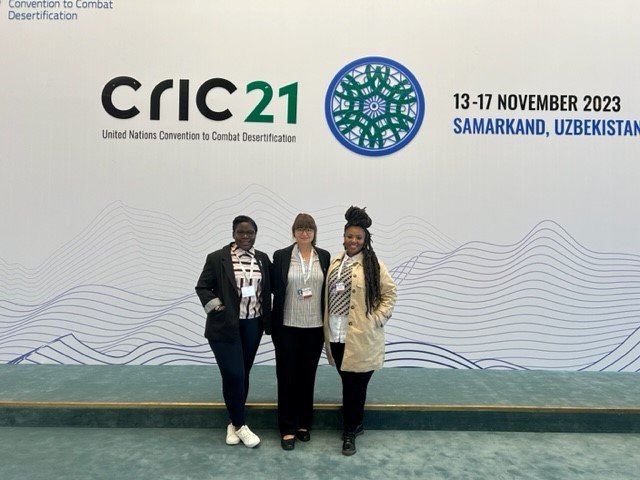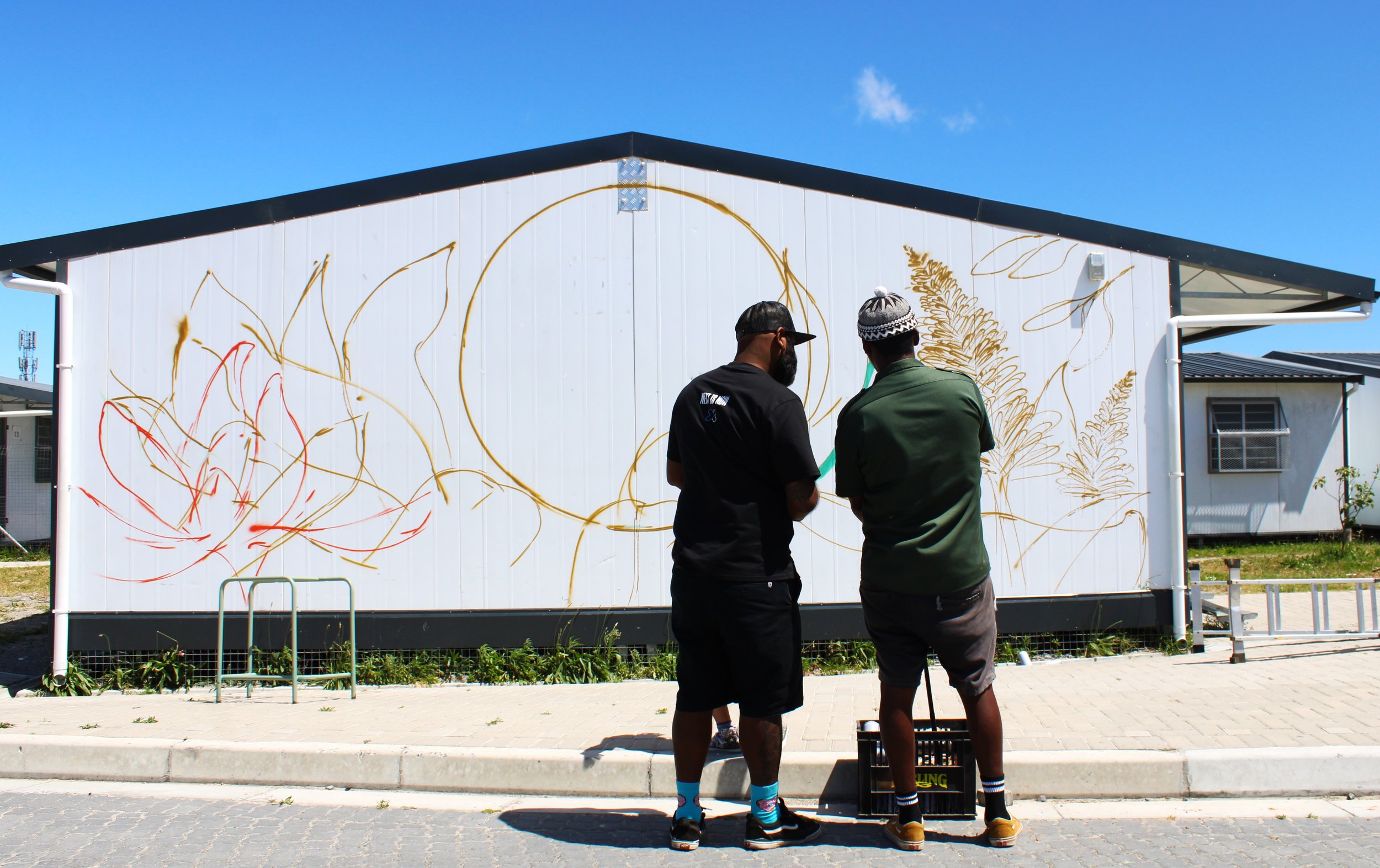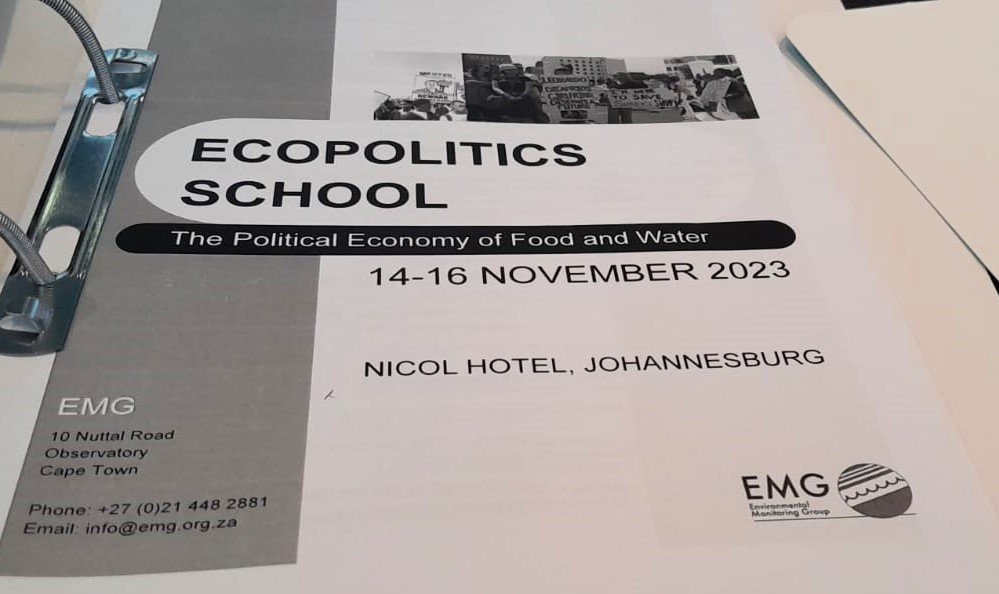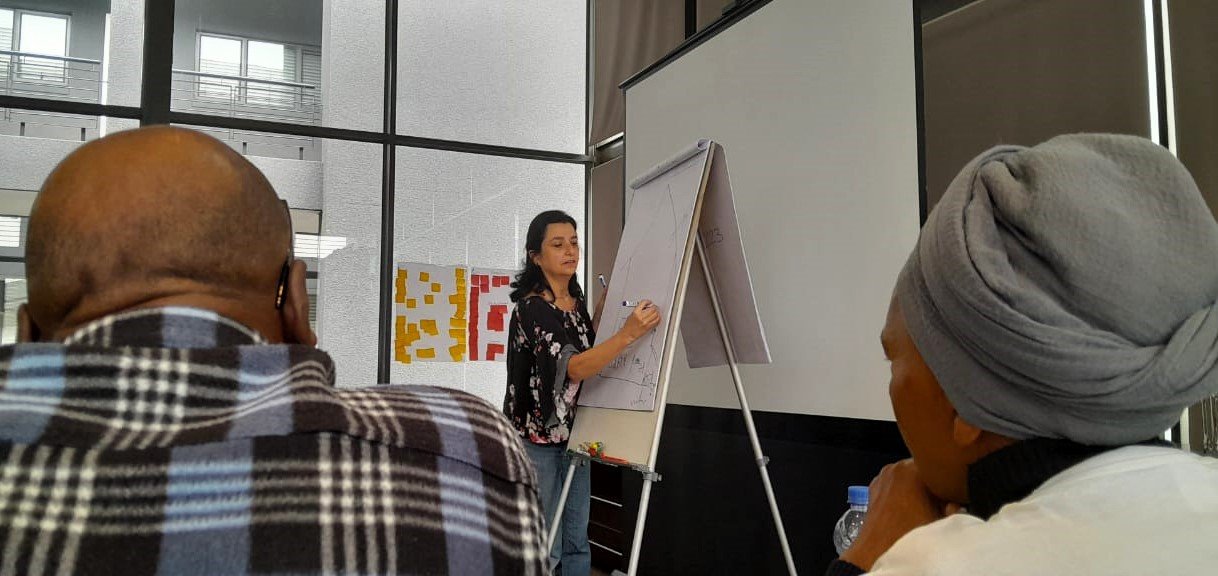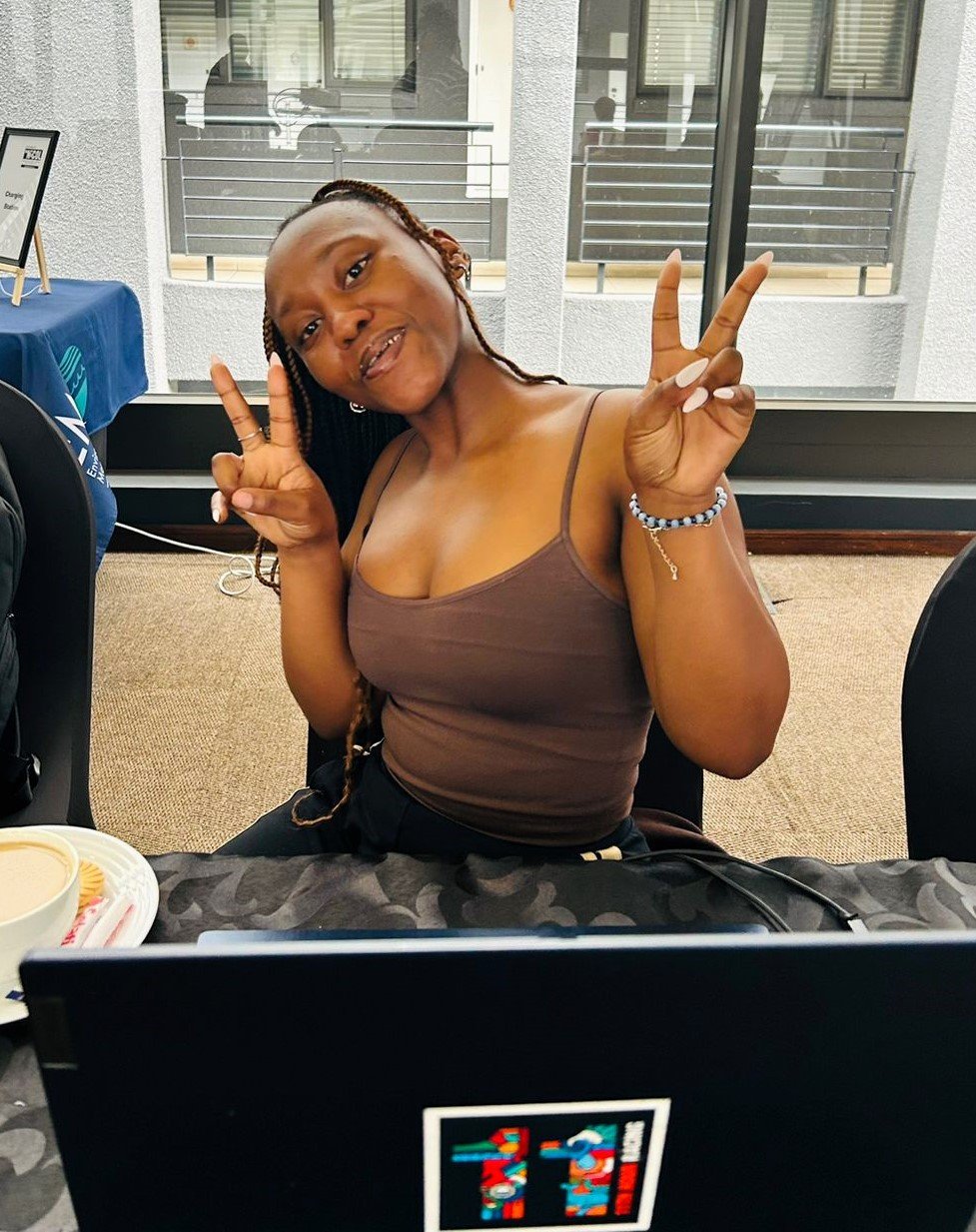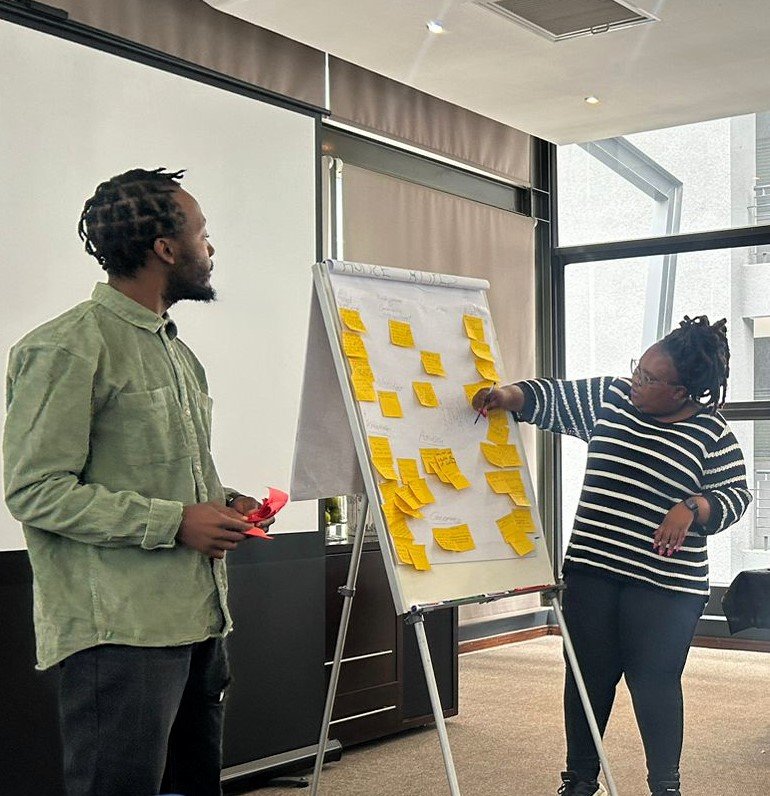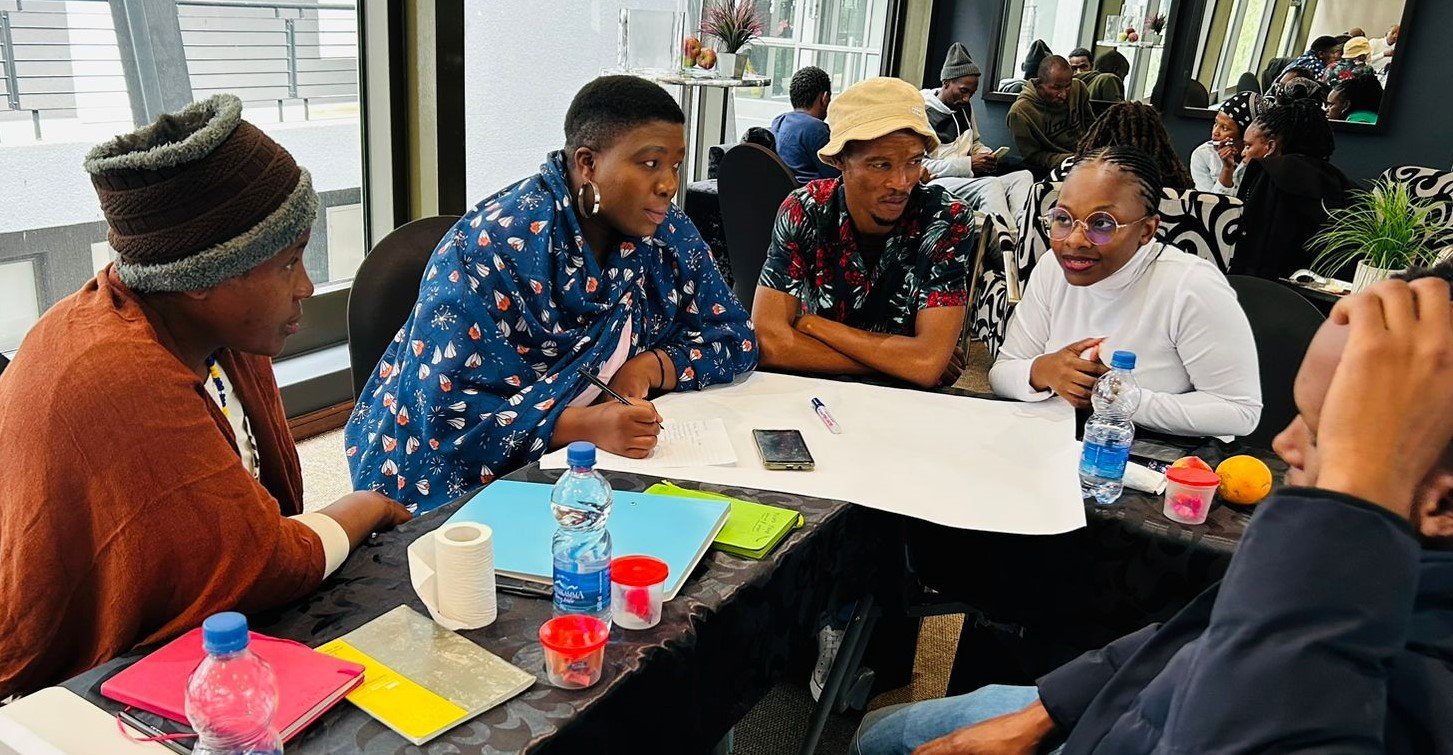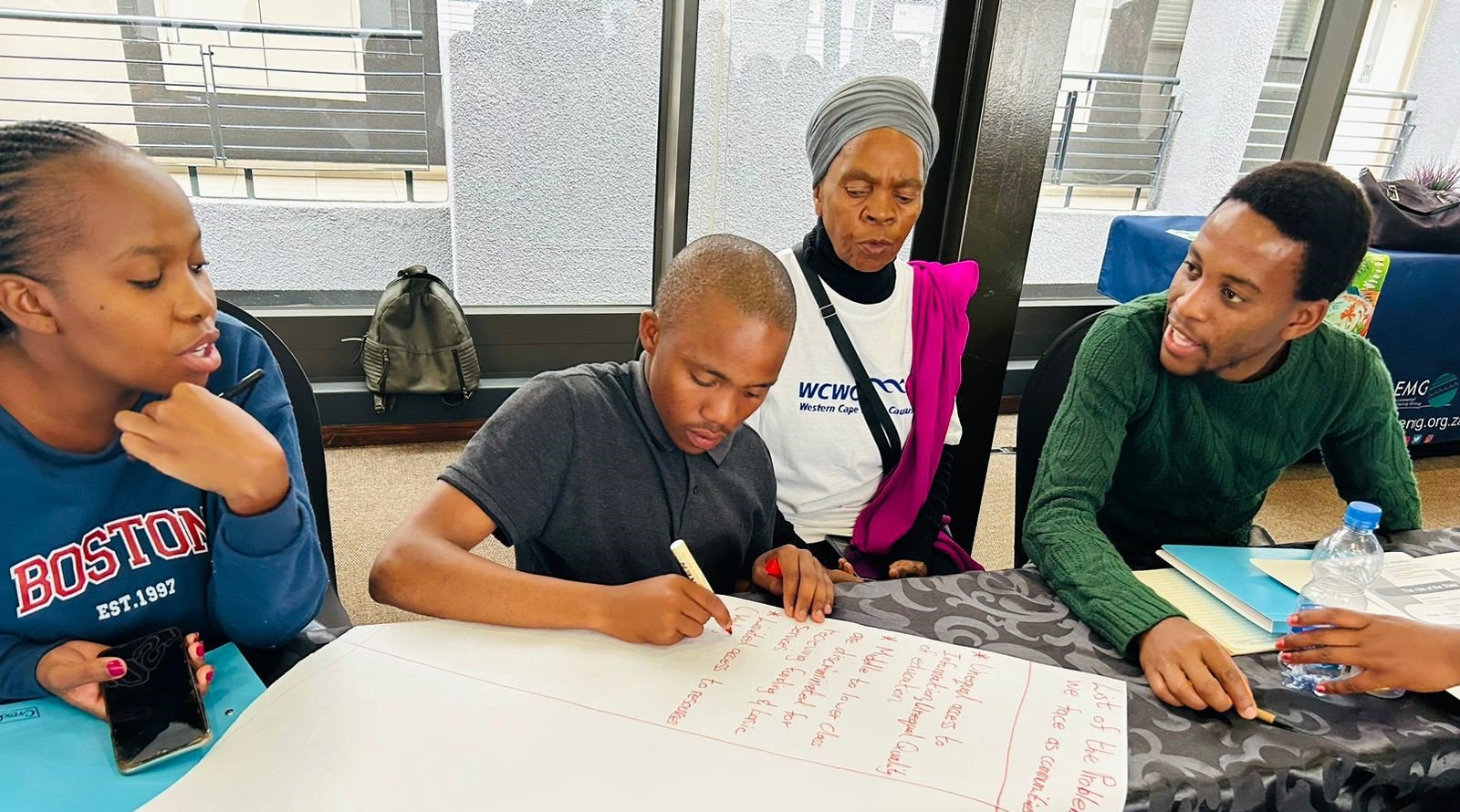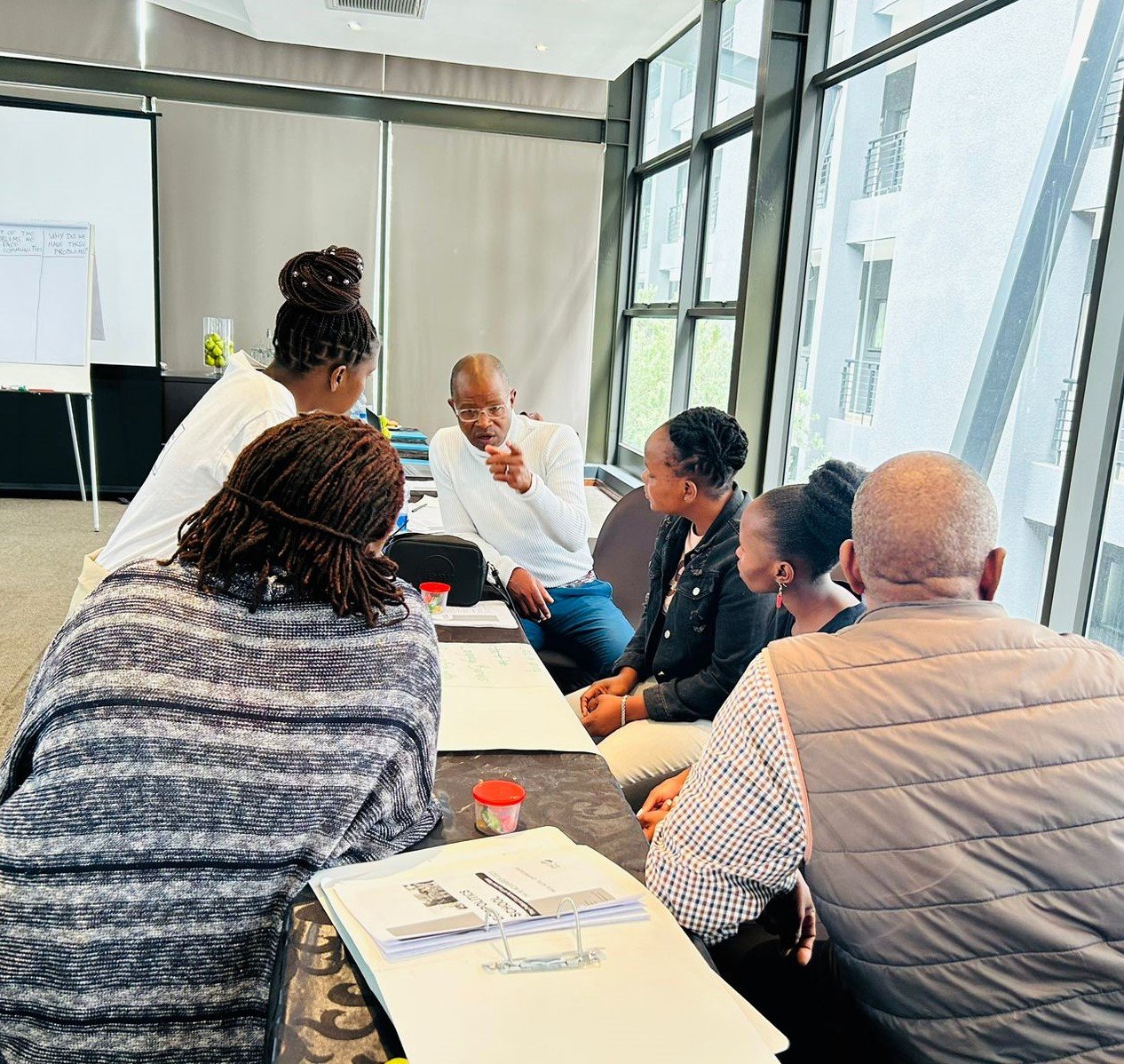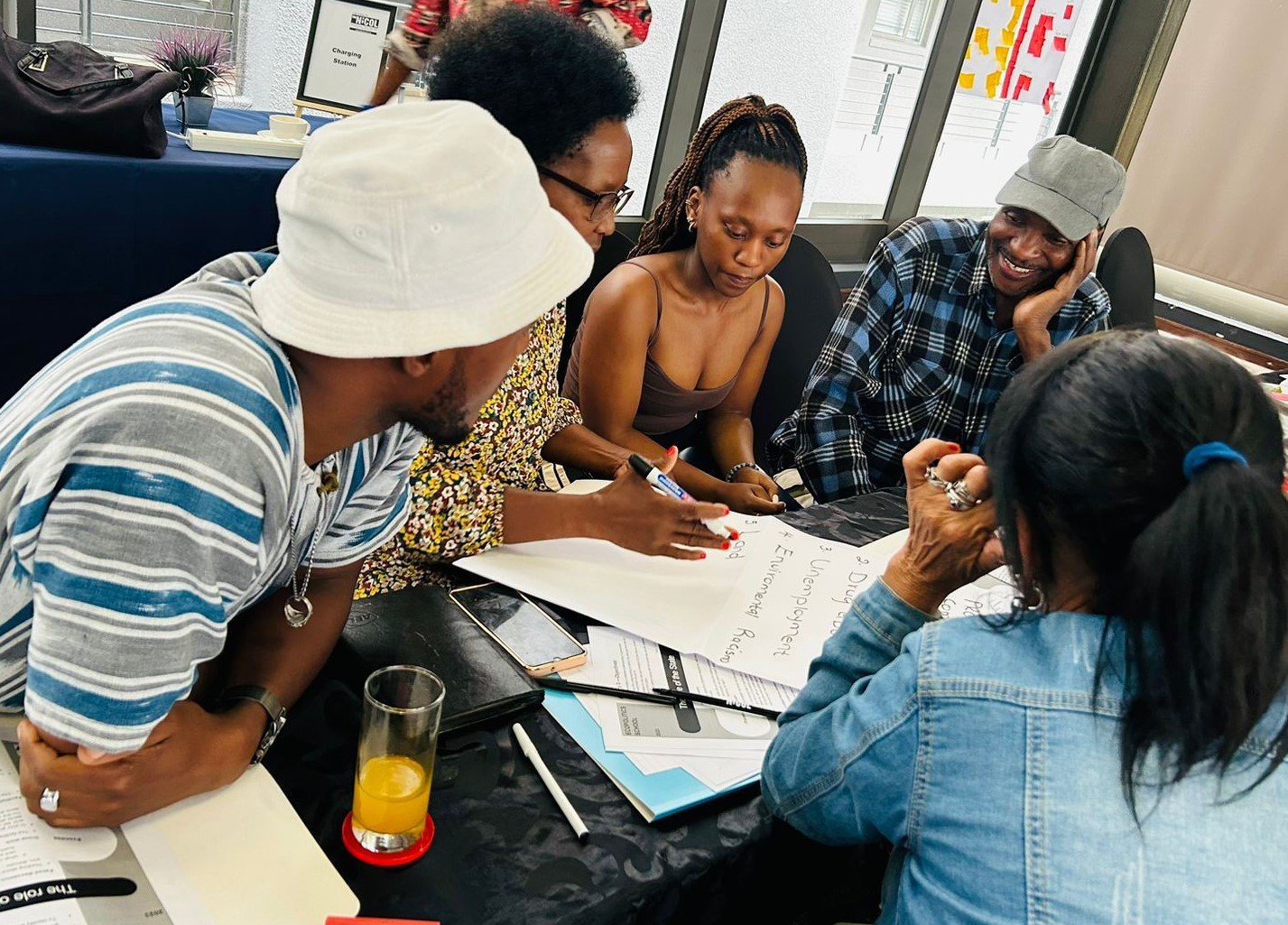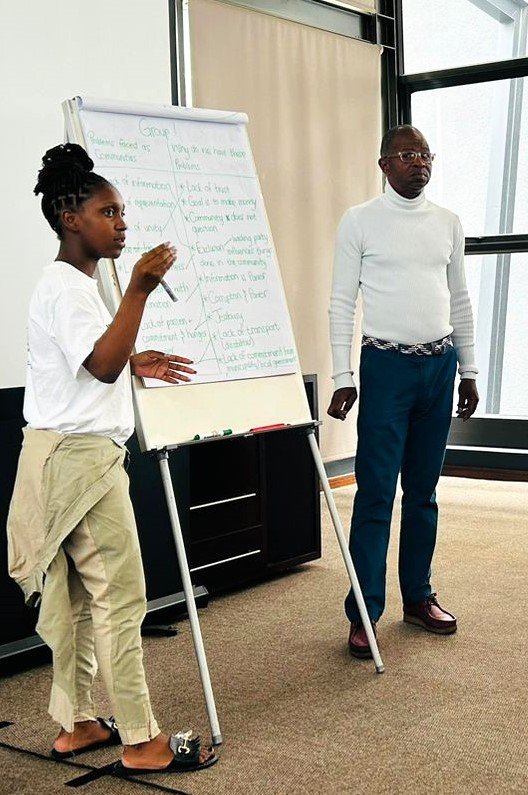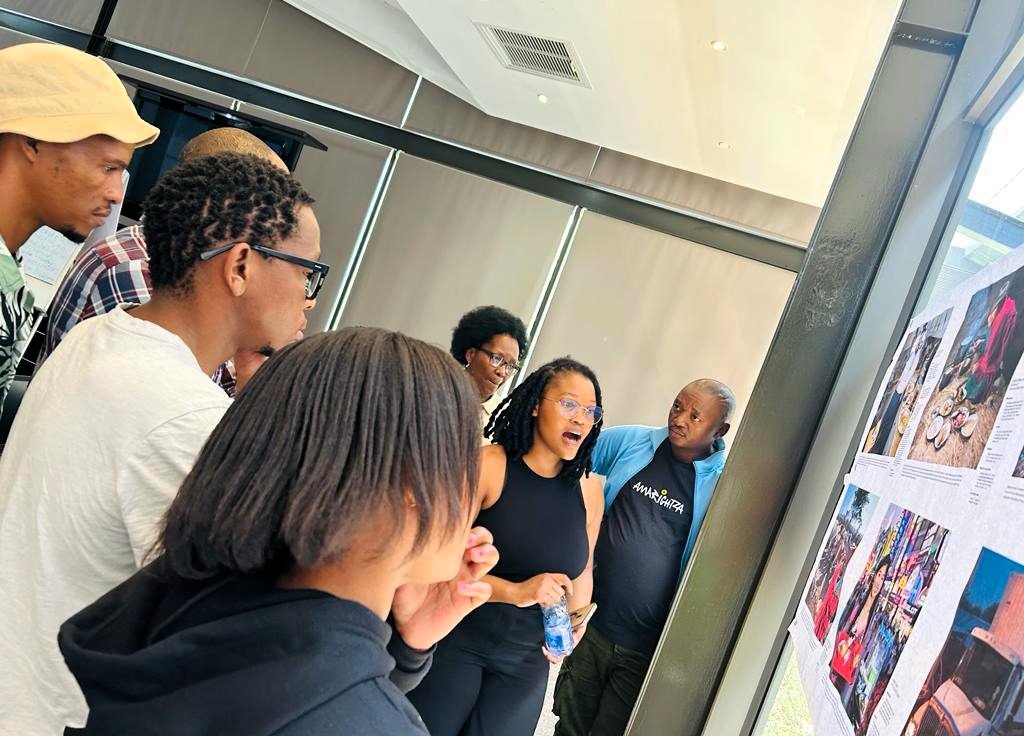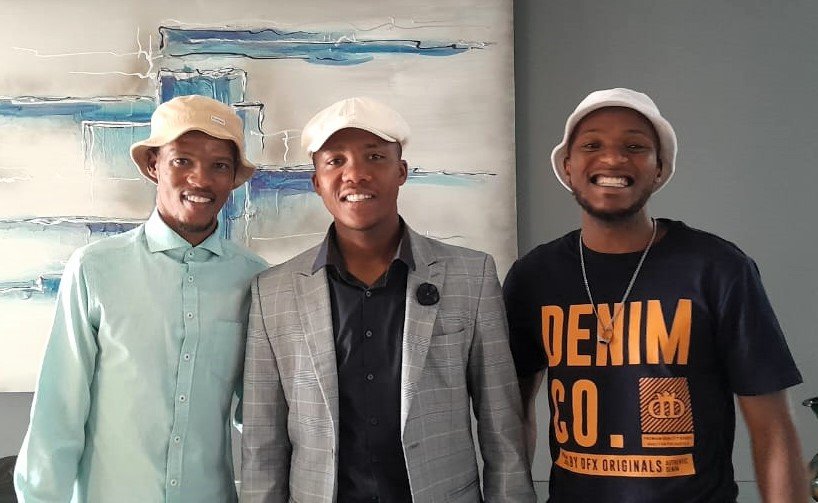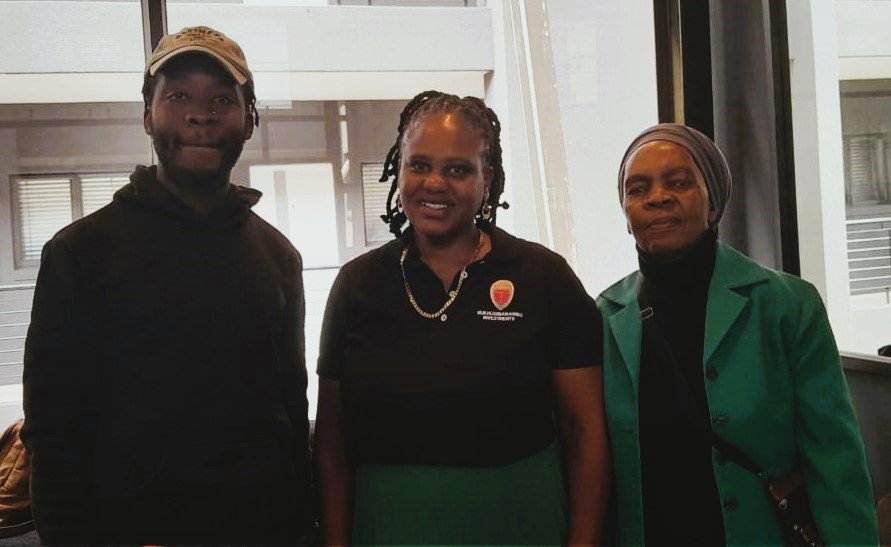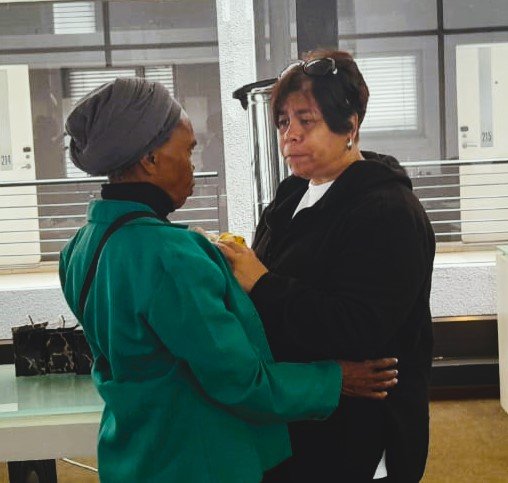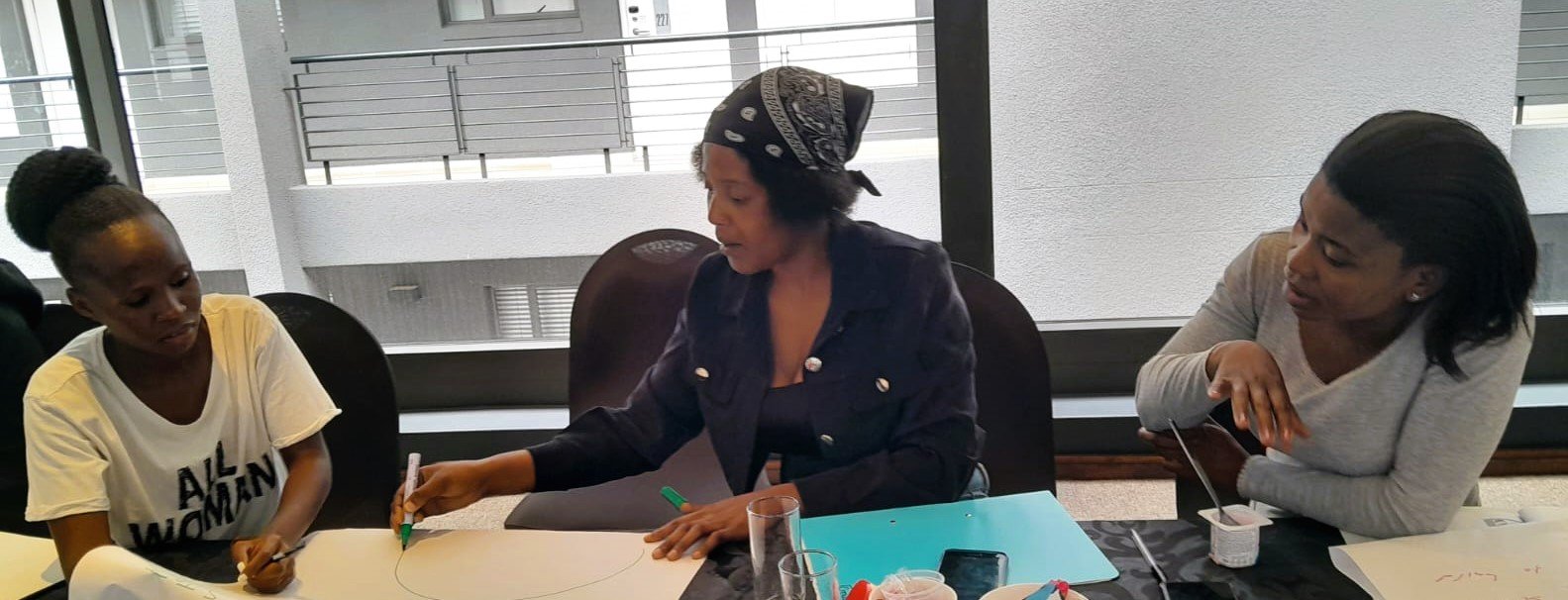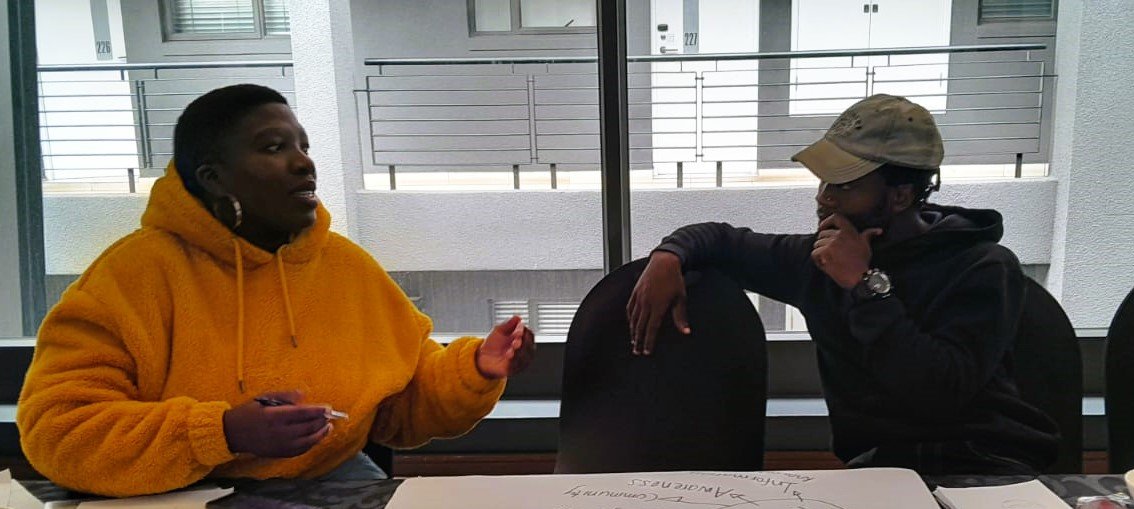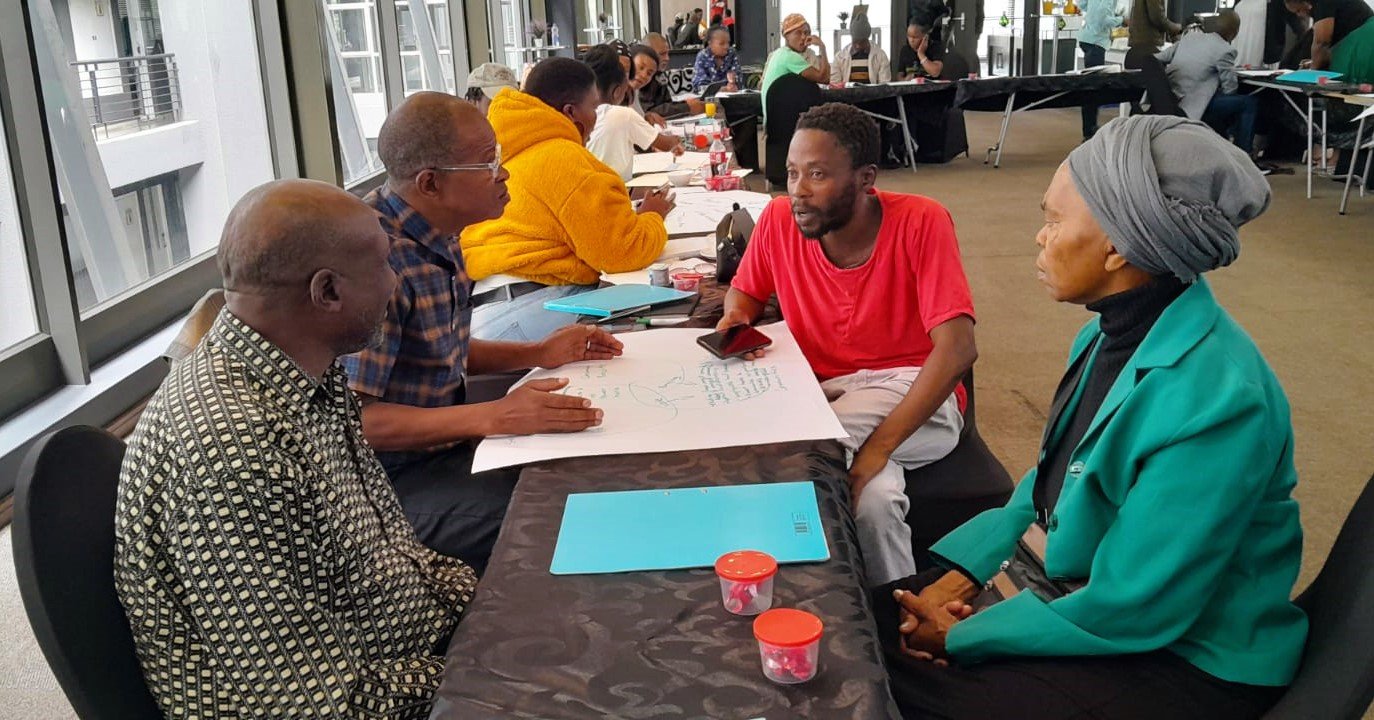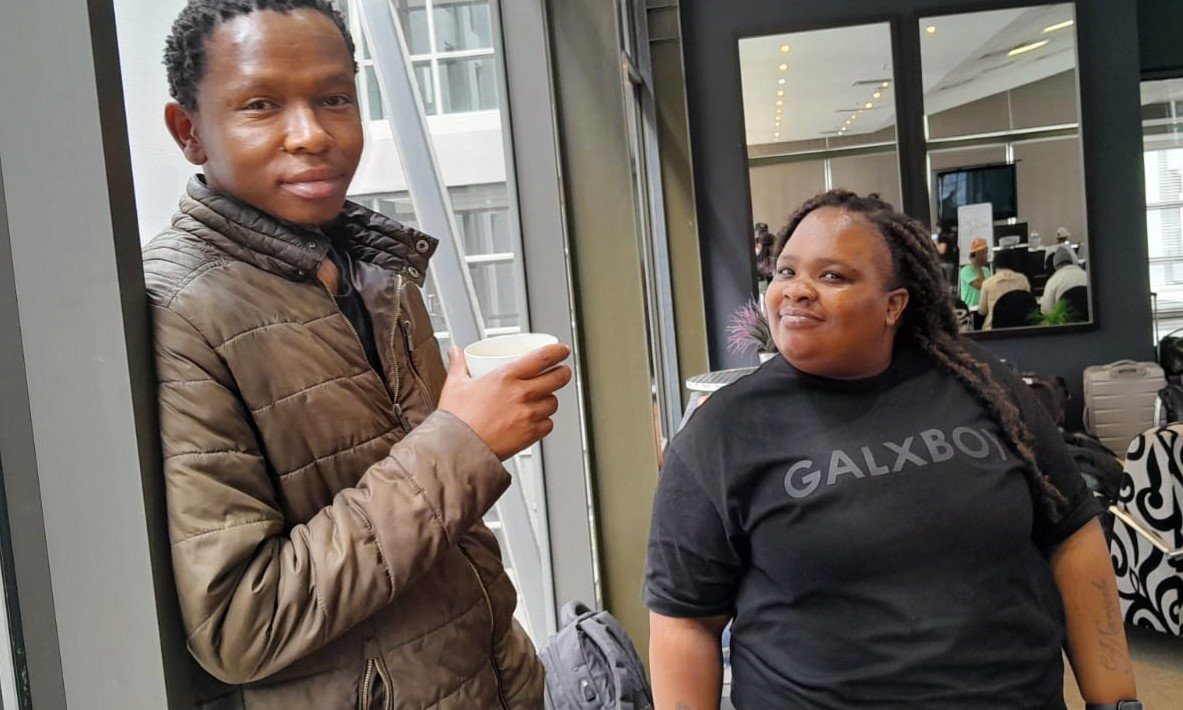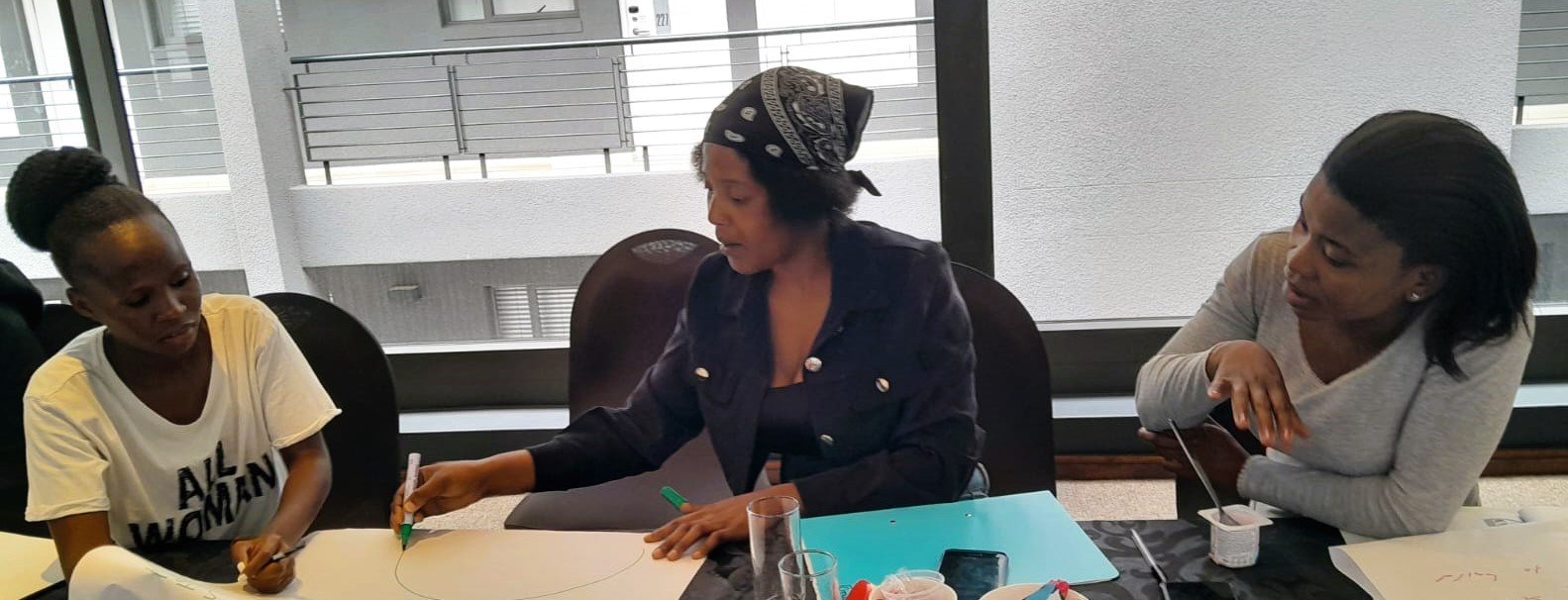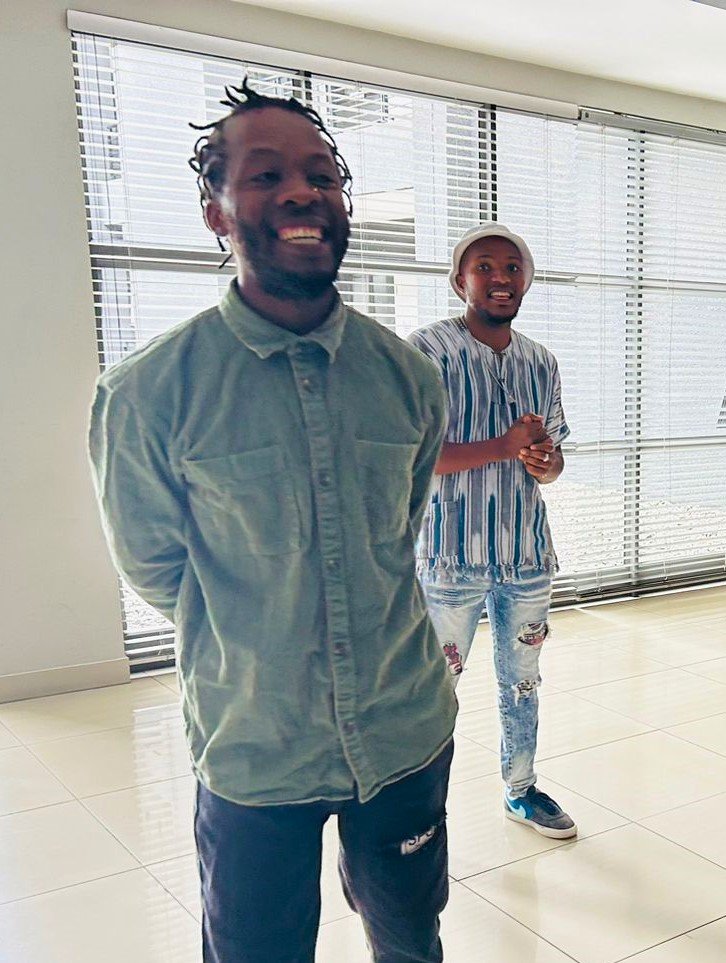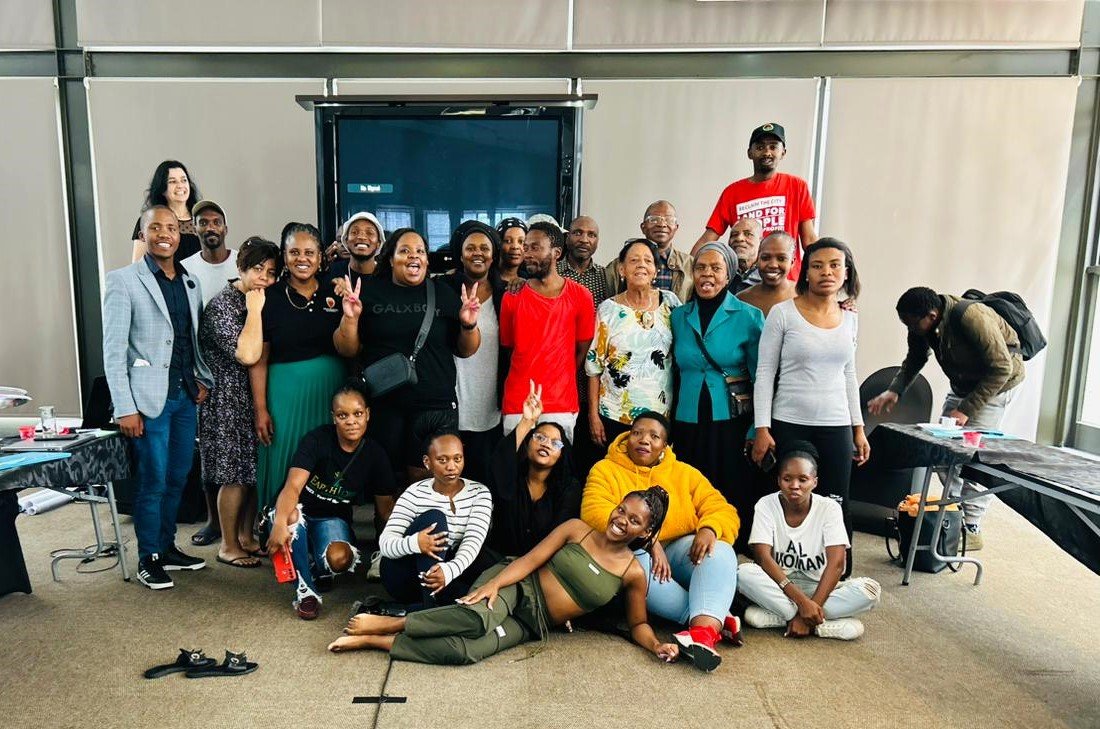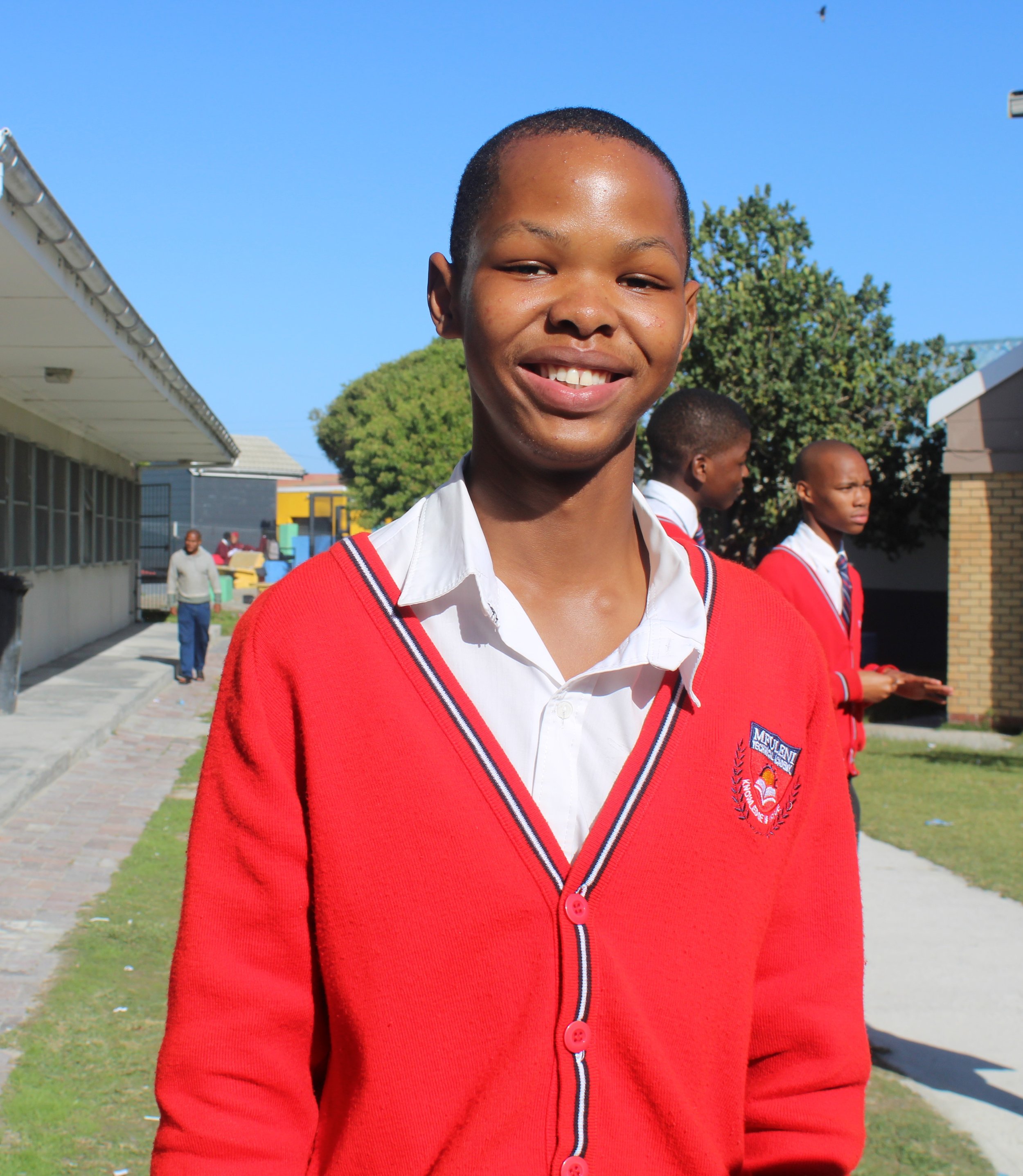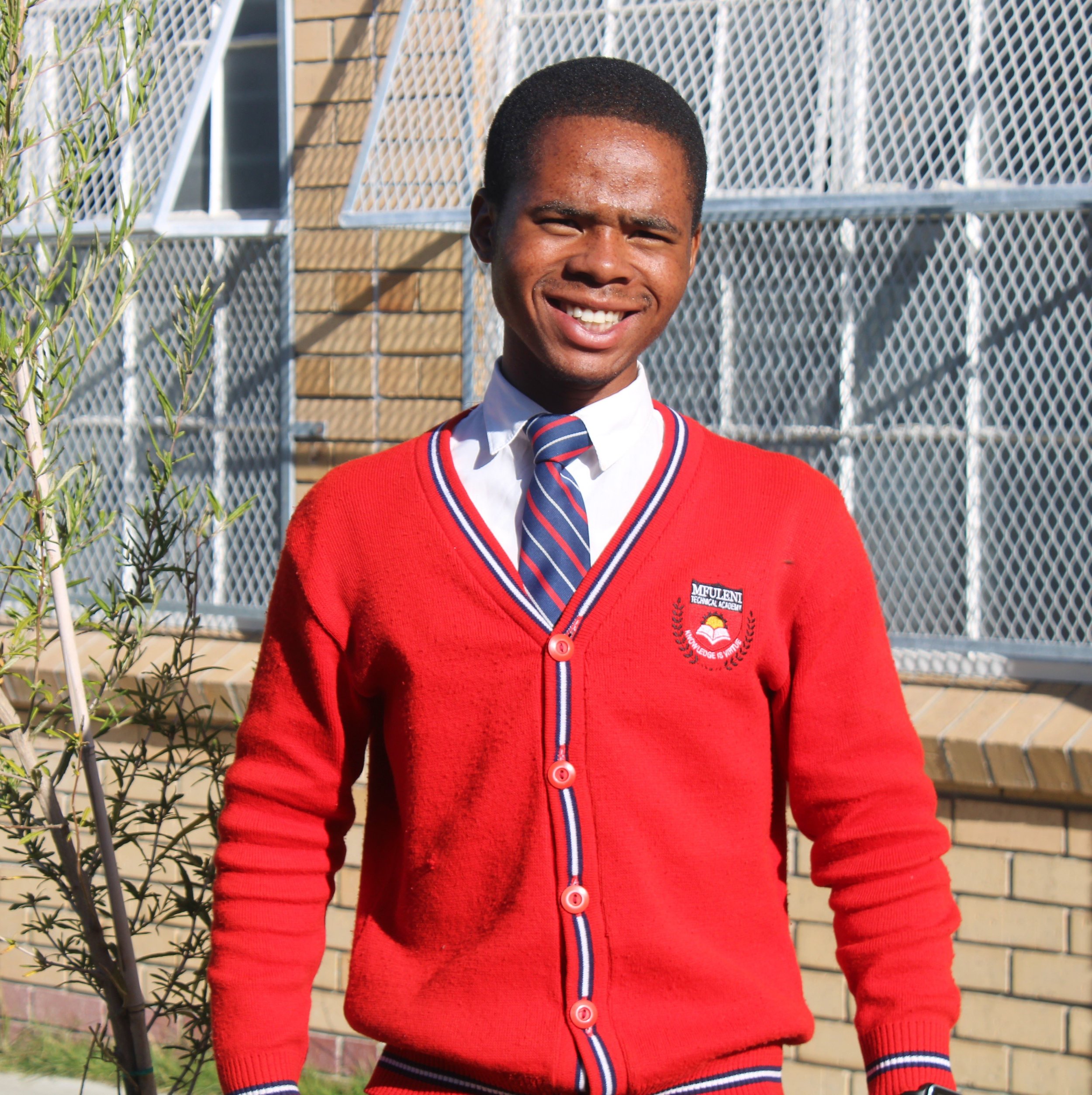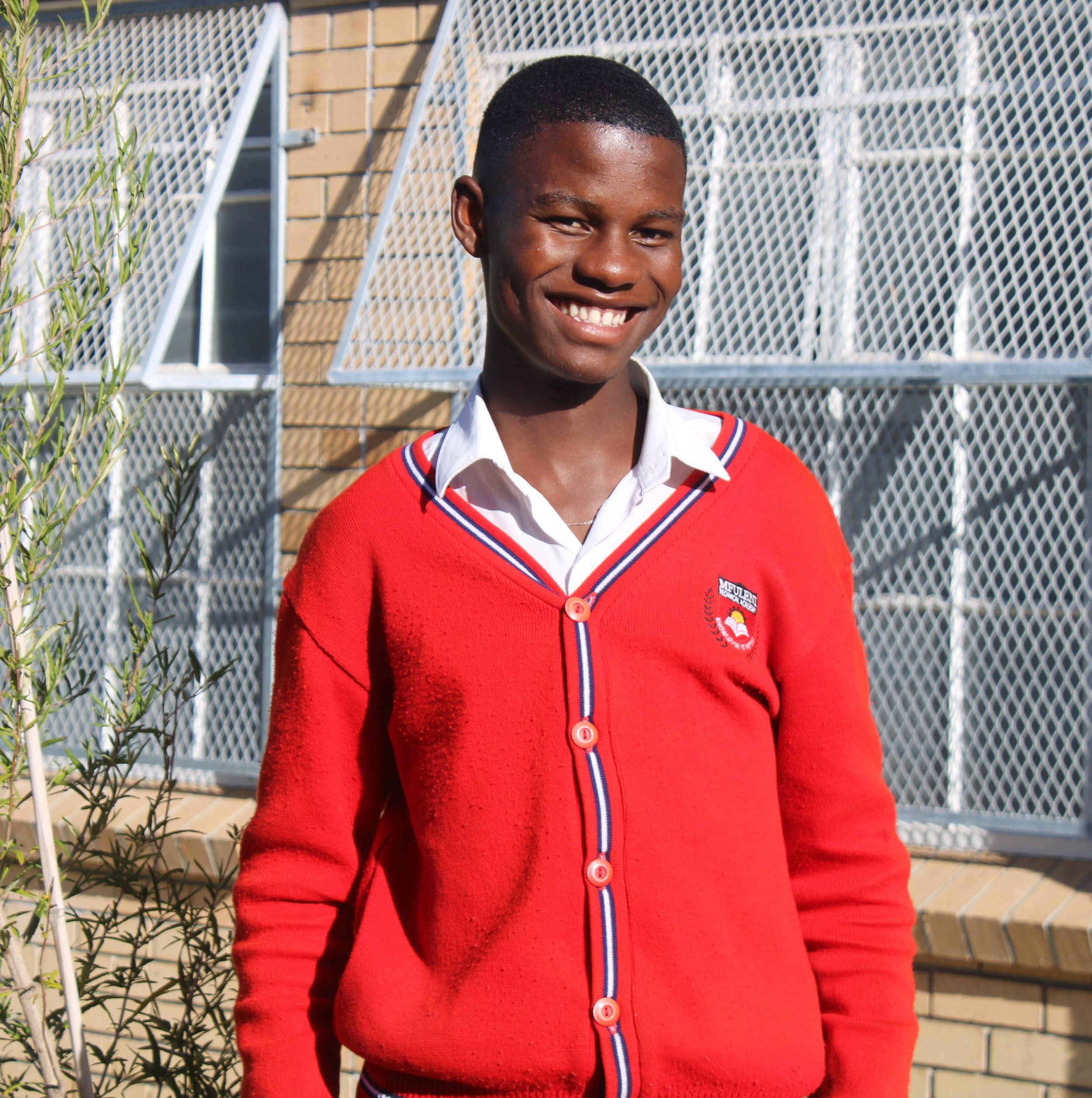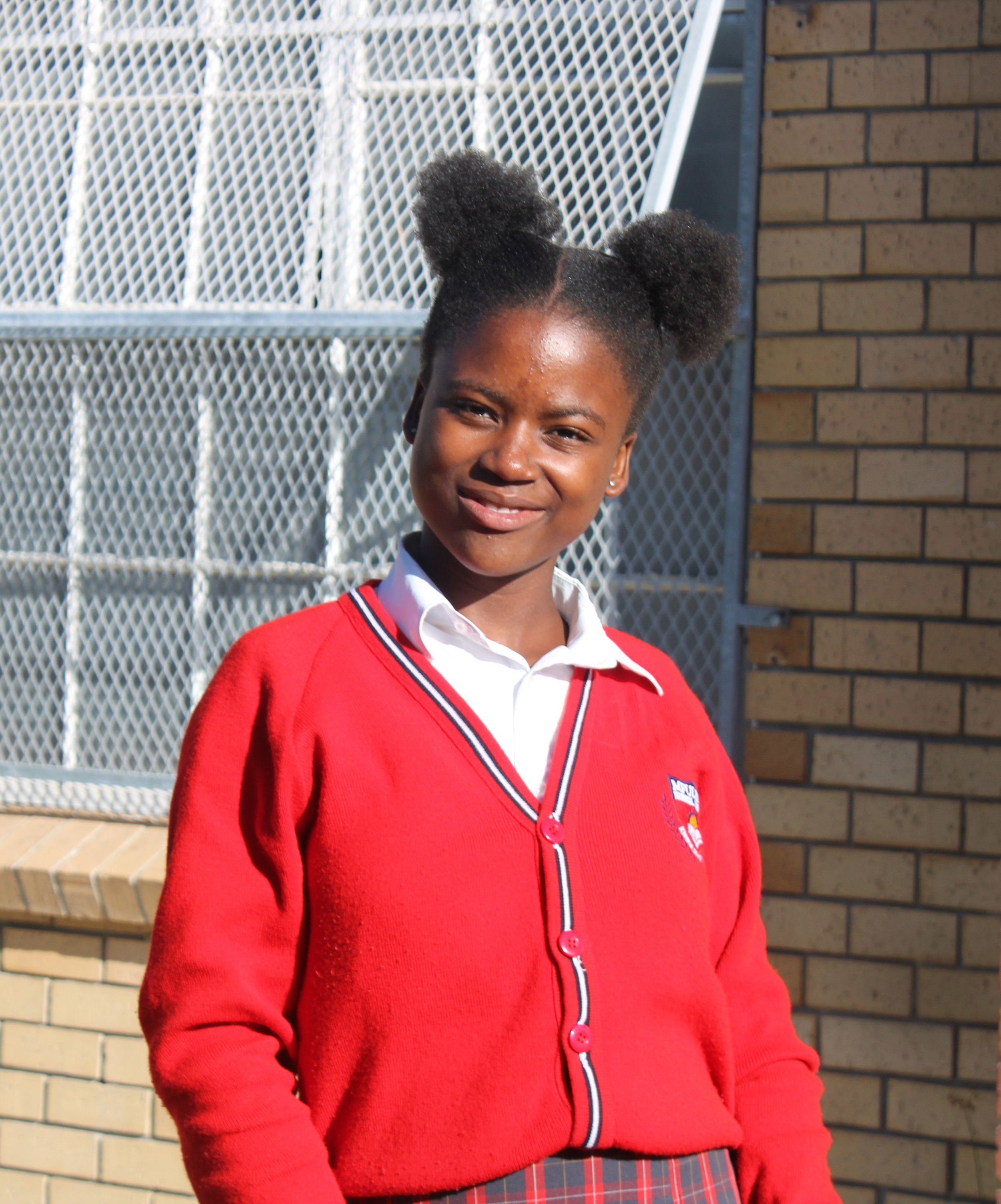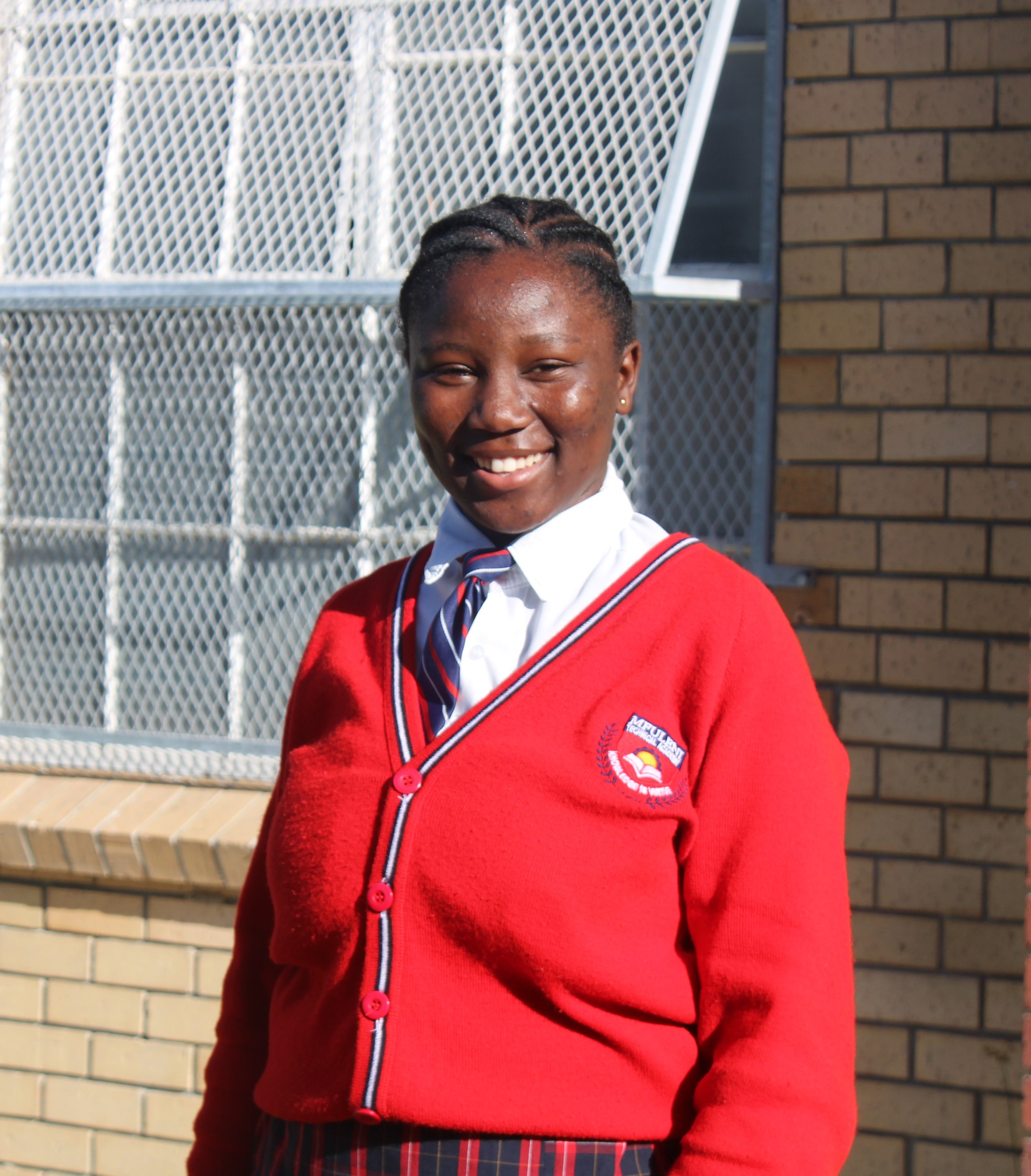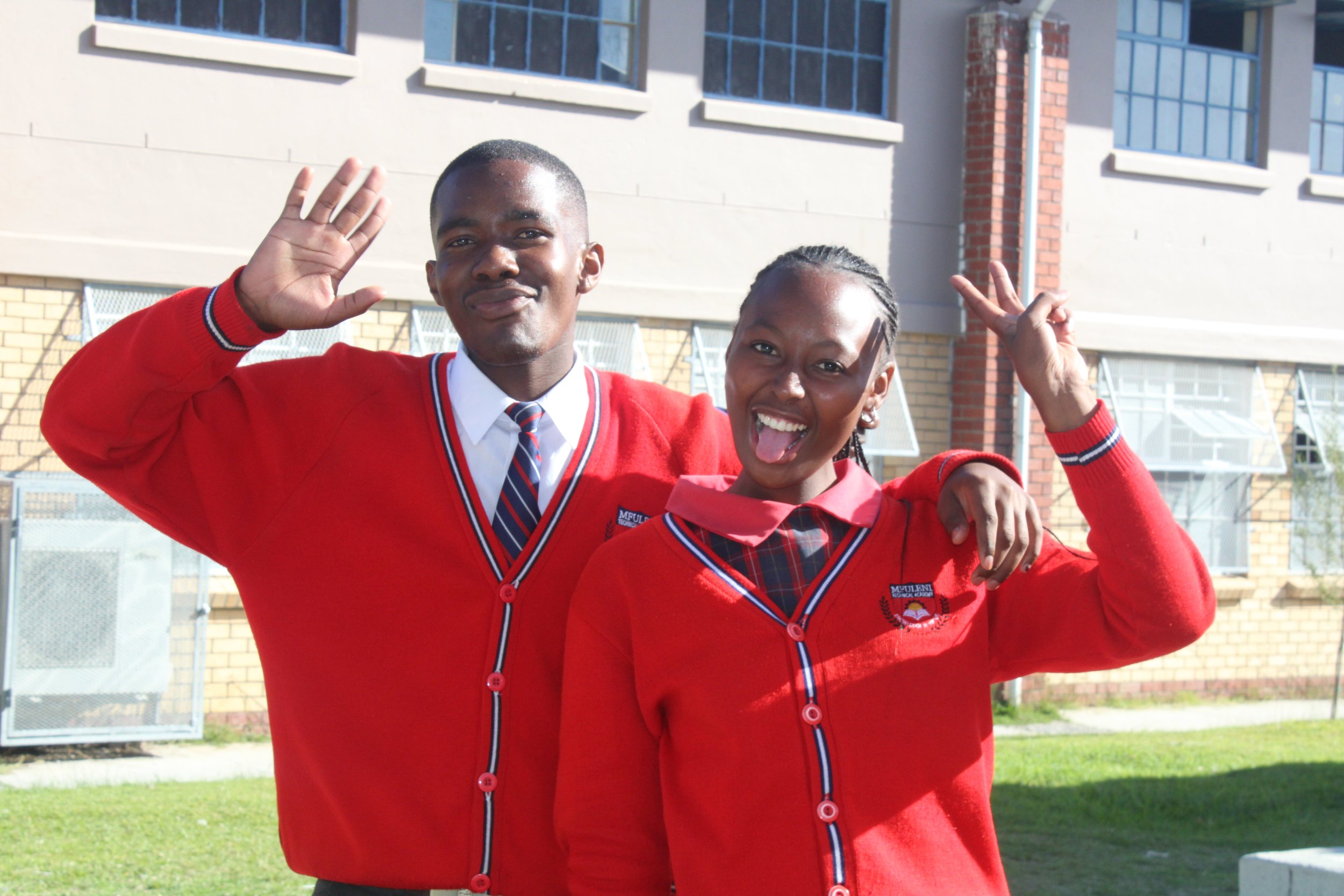By Anne Plaatjies-Hanase
The twenty-first session of the Committee for the Review of the Implementation of the Convention (CRIC 21) to the United Nations Convention to Combat Desertification (UNCCD) took place at the Silk Road Samarkand Congress Center, in Samarkand, Uzbekistan from 13 to 17 November 2023 - EMG’s Anne Plaatjies- Hanase attended.
During UNCCD CRIC 21, statements made by the Parties and civil society organizations alike echoed the importance of addressing the impact of drought, with the United Nations warning that drought may be the next pandemic. Drought is an important global process and occurrence and worldwide, more than 55 million people are affected by drought. The UNFCCC IPCC Sixth Assessment Report (AR6) has outlined the intensity and frequency of drought, including predicted increases. It notes that the length of droughts is likely to double and will be exacerbated by climate change and rising temperatures.
The member states of the African Union hosted a side event at the CRIC entitled Drought at a glance, Experiences of Africa and Beyond. The purpose of this side event, was to highlight the impact of drought in African countries and to promote the African Union’s member states’ call to the international community to sign a legally binding agreement on drought. The UNCCD Deputy Executive Secretary, Ms. Andrea Meza addressed the meeting noting that Africa is the continent most vulnerable to climate change and that two thirds of arable land is subject to degradation. Climate change will intensify drought impacts and lengthen drought periods, severely impacting on social gains. She further noted that there is an economic case to be made in the context of drought and that we need to bring more political attention and traction to this issue so as to shape sustainable solutions. She emphasised that Africa will not achieve the SDGs that are related to or impacted upon by drought and that the international community needs to respond to drought with a combination of elements. These elements may vary from the right investments to early warning systems. Granted that the impact of drought are differentiated, the findings presented nevertheless all reiterated that drought threatens livelihoods, fuels migration, and places a burden on agriculture. The question remains, if drought is not a sectoral issue, how should the international community respond?
The burden of drought impacts on agriculture is regarded as one of the most devastating to communities, with drought having been identified as the single greatest cause of losses in agricultural production. With this as the backdrop, the members present were asked if the UNCCD, as an instrument that brings together the international community around issues of sustainable land management, is doing enough to address drought.
Although there was consensus around the need to include local knowledge and local experiences in efforts to mitigate drought impacts, the participants agreed that not enough was being done. European members and state representatives noted that the onus lies with governments to set the agenda and mitigation plans around droughts at a national level. African governments were urged to develop other plans and incentives to address drought at a national level.
The members of the African Union argued that the introduction of a legally binding agreement on drought could catalyse sustainable solutions that could address drought. In response, some European representatives expressed the view that their governments were not in favour of developing a legally binding agreement on drought.
What this side event highlighted was not only the Global North/ Global South divide, but it called attention to agenda setting, and who gets to determine which agenda should receive more political attention and traction. The impacts of drought urgently require decisive action, for Africa and beyond.
If more political attention and traction is needed to respond to the impacts of drought, a legally binding agreement on drought could contribute renewed momentum. The UNCCD is celebrating 30 years of existence in 2024, and this is the opportune time to reconsider its work on drought, given that Africa and the Global South will not achieve the SDGs that relate to or are impacted on by drought.

